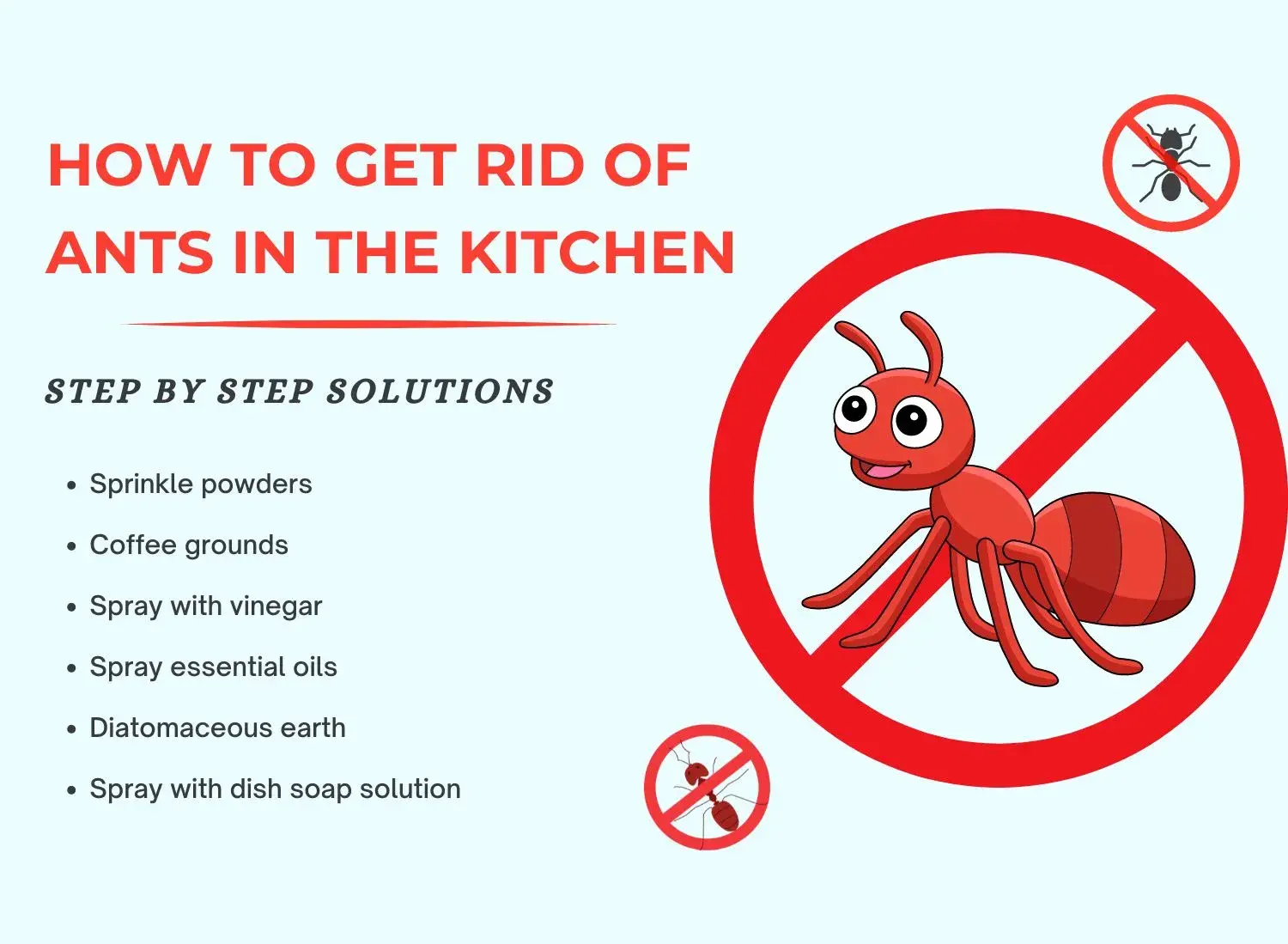Understanding Food Licenses and Regulations in India
Moreover, if you are going to start a food business, then you need to understand the food licenses and regulations in India and register your business to run and operate smoothly.
Moreover, a food license, which is majorly the FSSAI registration, is mandatory for any business dealing with the F&B industry. The FSSAI was introduced to keep an eye on all the food businesses, ensuring the quality and standards of food in India remain intact.
Thus, if you are interested in the food business and want to start one, you need to acquire a food license from the authority called Food Safety and Standards Authority of India ( FSSAI). However, you must ensure that you are serving the food quality as mentioned by the food regulations in India to continue with the business.
What Does Fssai Stand For In Food License And Registration?
FSSAI is an authorized body that was established under the Food Safety and Standards Act 2006 to monitor and govern the entire food business in India. It is an autonomous body formed under the guidance of the Ministry of Health and Family Welfare Government of India. In addition, it ensures that every food business undergoes quality checking, reducing adulteration rates. Thus, it stands in an important position as it offers food licenses and registration to all the food operators under the food regulations in India.
Who Needs Fssai Registration?
FSSAI registration is a 14-digit number that gives complete details of the business permit details. Moreover, the following types of food operators need this registration or license number to continue their food business.
- Cold storage units
- Retail shops such as confectionery, bakery, snack shops
- Temporary or permanent food stalls
- Hawkers selling food products
- Dairy shops, milk, and milk products vendor
- Slaughtering shops
- All food processing and manufacturing companies
- Food products wholesaler, supplier, or distributor
- Canteens, cafes, catering
- Dhaba, mess, banquet hall food service
- E-commerce food supplying units such as cloud kitchen
What Are The Types Of Fssai Registration?
FSSAI food license and registration are of different types based on the food business types, capacity, and turnover rate. It includes:-
FSSAI basic registration process – This type of FSSAI registration is for food business owners with a turnover rate of less than 12 lakhs per annum. For this, the food operators need to fill out the application Form A.
FSSAI State license process – This type of FSSAI food license and registration is for food operators with a turnover rate between Rs 12 lakhs to 20 crore per annum. In addition, to get the registration, the applicant needs to fill the Form B.
FSSAI Central license – This type of FSSAI food license is for business owners with turnover exceeding Rs 20 crore per annum. The applicant needs to fill out Form B to get the FSSAI license in this case.
However, the license issued by FSSAI has a maximum tenure of 5 years and a minimum tenure of 1 year.
What Are The Documents Required For The Fssai Food License And Registration?
There are a series of documents you need to produce to support your authenticity and proceed with the formalities of FSSAI. In addition, the documents you need to get the FSSAI basic registration, state license, or Central license include:-
- Photo identity proof of the applicant
- Business type certificate, whether it’s partnership, certificate of incorporation, shop and establishment license, or other important business registration certificate.
- Proof of business premise possession. It includes rent agreement documents, NOC from the owner, and electricity or gas bills.
- Food safety management plans and measures.
- List of manufactured or processed food products.
- Bank account details.
- Supporting required documents, either Municipality or panchayat NOC, copy of the license from the manufacturer, health NOC, and others.
In addition, if you are applying for a state or Central license, you need to submit some additional documents along with the above one. The additional documents include:-
- Form B was filled and duly signed.
- List of partners or proprietors, if any, with address, ID proof, and contact details.
- List the processing unit of your business, showing in detail all the dimensions of the working area.
- Name and list of equipment and machinery installed or that you are going to use.
- Authority letter from a manufacturer whom he nominated a responsible person’s name along with the address.
- Report of water to be used in the process along with its portability confirmation.
- Copy of certificate from Coop Act 1861/ Multi-state Coop Act 2002.
Moreover, if you are applying for a central license, you need to submit some other details along with all the documents mentioned above. It includes:-
- Source of raw materials
- Recall plan wherever applicable
- Ministry of Commerce certificate
- NOC/ PA document from FSSAI
- IE document from DGFT
- Form IX
- Certificate from the Ministry of Tourism
- Supporting document for turnover and transportation proof
- Declaration form.
Fssai License Or Registration Charges
If you are starting a new food business, the fssai license cost will be one of your expenses. However, the cost of an FSSAI food license depends on the type of registration you need for your business. It includes:-
- Basic FSSAI registration: you will have to pay Rs 1000
- FSSAI State license: Depending on the type of business, you will have to pay the cost between Rs 2000 to Rs 5000.
- FSSAI Central license: If you need a central license for your business, then you need to pay Rs 7500
How Can I Check Your Fssai Registration Status?
Once you apply for the food license and registration, you will get notified by the FSSAI authority on every stage of the registration process through SMS or email. In addition, you can also track your registration application through the track application status option on the FoSCoS website. All you need to enter is the application reference number you get while applying. Once completed, your status will show as Registration Certificate Issued. And, you can download the registration certificate by logging into the FoSCos website.
Conclusion
The food industry is the leading market where you can invest and establish a successful business. Moreover, to start a food business, it’s mandatory to get a food license and registration under the food regulations in India. FSSAI registration is required for every food business to start, regardless of its size and sale.
In addition, if you are going to start a food business but have no idea what FSSAI is and its requirements to apply for a food license and registration, then this blog is going to help you.
Food regulations in India contribute a large improvement in the health and wealth of the general population as they ensure the food business operators provide quality food without any adulterations. FSSAI food license standards monitor the food businesses and, thus, make sure customers get safe and healthy food.










